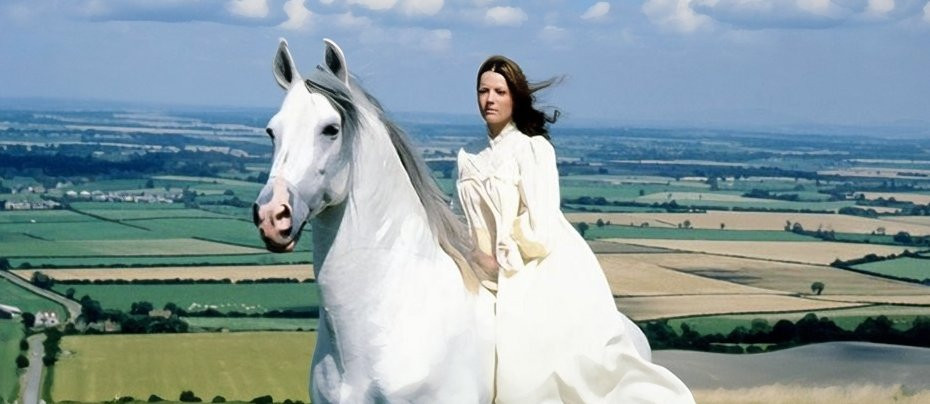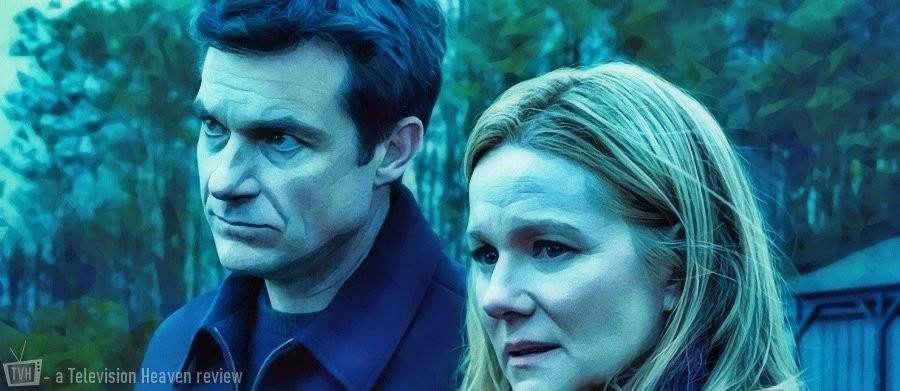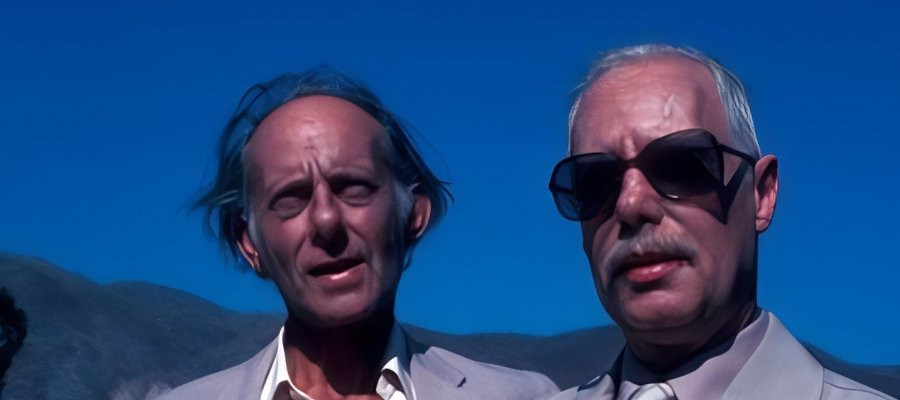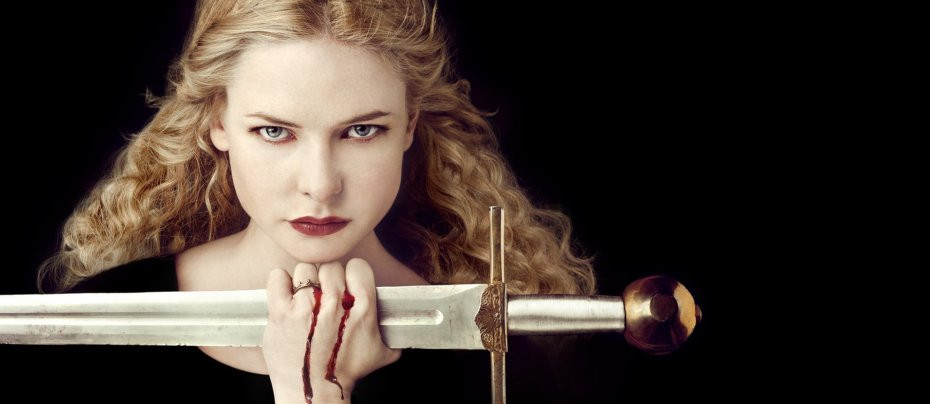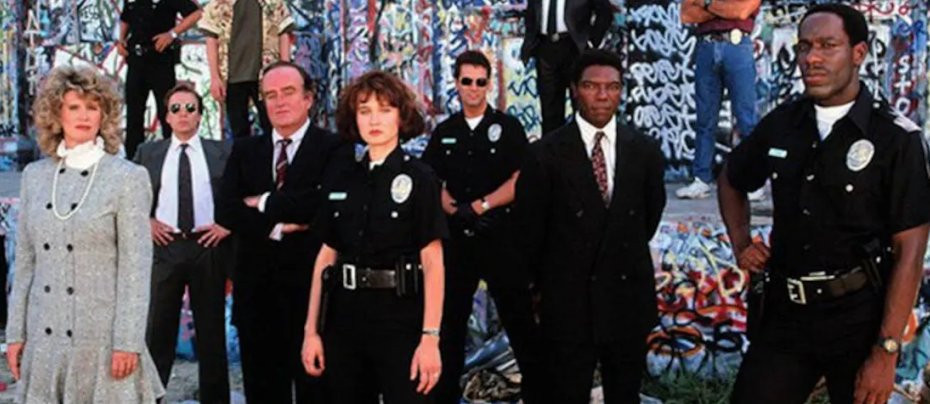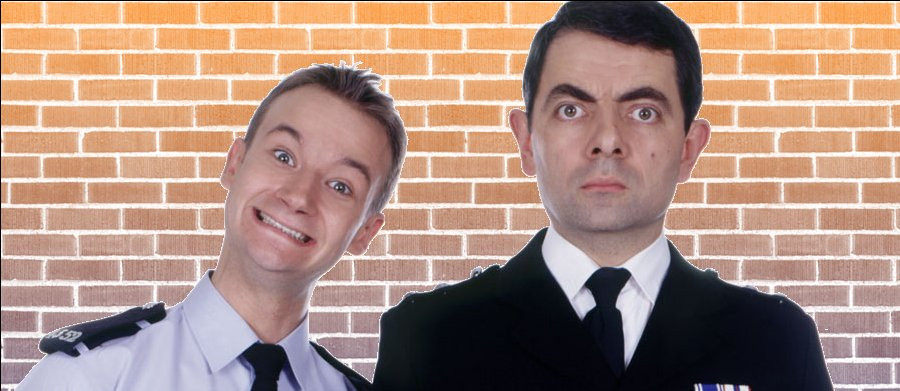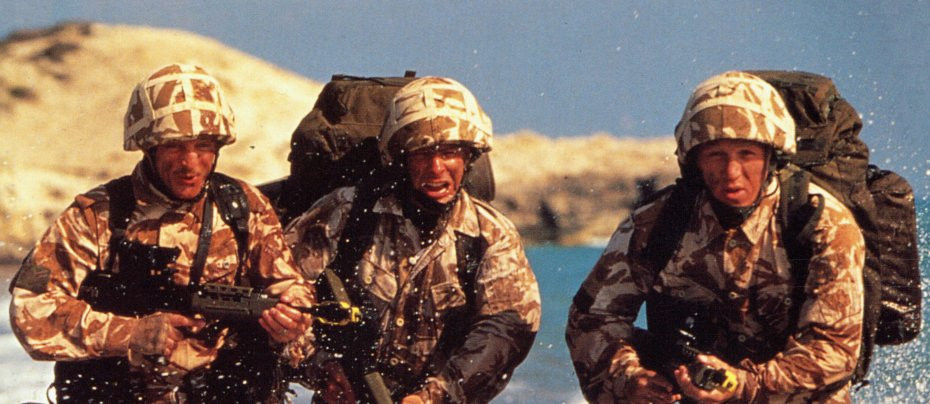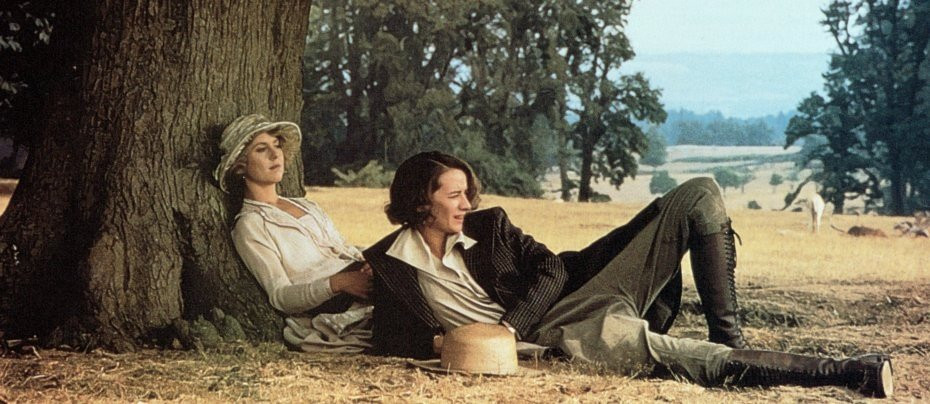
Portrait of a Marriage
1990 - United KingdomPortrait of a Marriage, a BBC miniseries that aired in 1990, is an evocative and intricate exploration of love, identity, and societal constraints, based on the real-life relationship between Vita Sackville-West and Violet Keppel Trefusis. Adapted from Nigel Nicolson’s biography of his mother, Vita, this four-part series delves into the complexities of a marriage and a same-sex affair in early 20th-century England.
The narrative centres around Vita Sackville-West, portrayed with remarkable depth by Janet McTeer (The Governor / Ozark). McTeer captures Vita's charisma, creativity, and internal conflicts with a nuanced performance that is both compelling and poignant. Her portrayal brings to life a woman torn between her love for her husband, Harold Nicolson, and her passionate, tumultuous relationship with Violet Trefusis. David Haig's (The Thin Blue Line / Penny Dreadful / COBRA) performance as Harold is equally captivating, providing a sympathetic and understanding portrayal of a man who, despite the unconventional nature of his marriage, remains a supportive and loving partner.
Cathryn Harrison (Soldier, Soldier), playing Violet Keppel Trefusis, embodies the intensity and desperation of forbidden love. Her chemistry with McTeer is palpable, making their on-screen relationship one of the most memorable aspects of the series. The emotional highs and lows of their affair are depicted with raw honesty, capturing the audience's empathy and investment in their story.
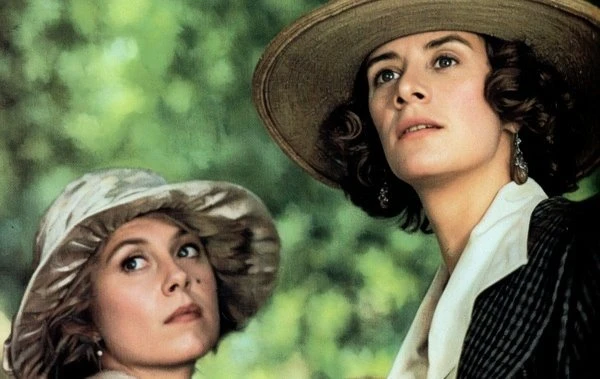
The series is set against the backdrop of Edwardian England, a period marked by strict social norms and limited acceptance of non-heterosexual relationships. The production design and costume work are exemplary, immersing viewers in the era’s aesthetic atmosphere. The lush English countryside and the grand historic estates serve as both a picturesque setting and a stark contrast to the personal turmoil experienced by the characters.
The protagonists in this love triangle were well-known figures in England between the wars. Sackville-West was a prolific writer, having authored over 50 books, including poetry, short stories, and novels. She was a member of the Bloomsbury Set, a group of prominent English writers, intellectuals, philosophers, and artists in the early 20th century that included figures like E.M. Forster and Virginia Woolf (with whom she would also eventually have a romantic relationship). Sackville-West participated in literary readings before book clubs and on the BBC, and later wrote a regular column for The Observer newspaper.
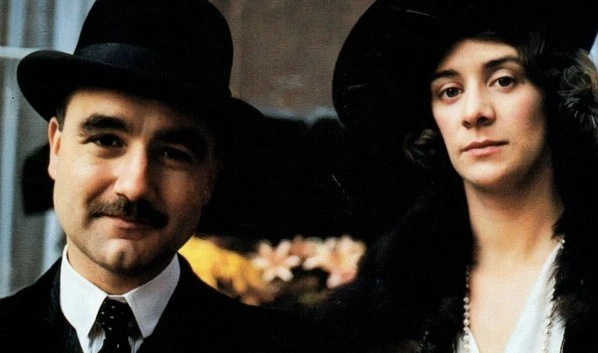
Her husband, Sir Harold Nicolson, was a distinguished British politician, diplomat, historian, biographer, diarist, novelist, lecturer, journalist, and broadcaster. The other woman in the triangle, Violet, was a childhood friend of Vita's and the daughter of Mrs. George Keppel, the last mistress of King Edward VII.
Harold and Vita's marriage was built on mutual convenience. Vita was free to have her romantic relationships with women, and Harold could have his relationships with men. The all-important conditions were that these external partners were not to interfere with their household or the upbringing of their children. But that understanding becomes troublesome when Violet and Vita's passion for each other develops far more than just a casual or short-term relationship. However, that relationship eventually becomes increasingly obsessive, spawning destructive feelings of possessiveness and jealousy between them.
Director Stephen Whittaker's sensitive handling of the material ensures that Portrait of a Marriage is more than just a historical drama; it is an intimate look at the human condition, exploring themes of love, freedom, and self-discovery. The series does not shy away from the complexities and often painful realities of its characters’ lives, presenting a balanced and respectful portrayal of their experiences.
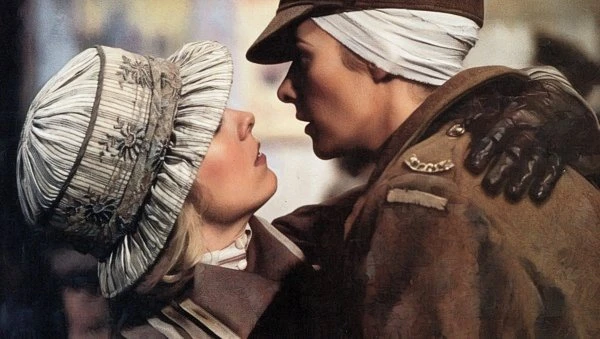
The screenplay, written by Penelope Mortimer, is faithful to Nigel Nicolson’s biography - while adding layers of emotional depth and narrative complexity, although Nicholson was unhappy with the ending claiming that his father never forgave Violet, and went to his grave claiming that she was an evil force in their lives - a belief that Nigel also upheld. Nonetheless, Mortimer skilfully weaves the personal and the political, highlighting how society's expectations and personal desires are often at odds. The dialogue is sharp and reflective, providing insight into the characters' inner worlds without resorting to melodrama.
Portrait of a Marriage also addresses the broader implications of Vita and Violet’s relationship on their respective families and social circles. It delves into the sacrifices and compromises made by those around them, particularly Harold’s own bisexuality which adds another layer of complexity to the narrative. The series does not present a one-dimensional view of any character, instead opting for a multifaceted approach that acknowledges the imperfections and virtues of each person involved.
Another of the strengths of the miniseries is its pacing. The four-episode format allows for a thorough exploration of the central relationship without feeling rushed or dragged out. Each episode builds on the previous one, gradually revealing the depth of Vita and Violet's connection and the eventual strain it places on their lives. The careful pacing ensures that the emotional weight of their story is fully realized, leaving a lasting impact on the viewer.
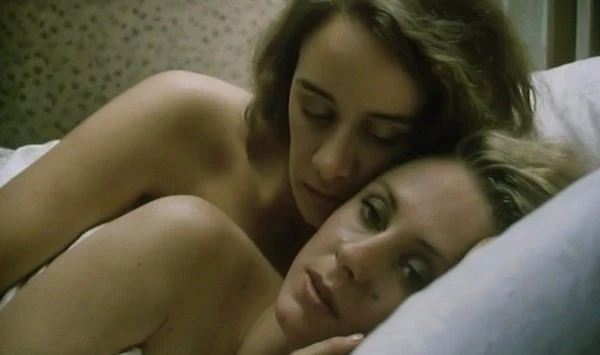
Stephen Whittaker expected a number of scenes of a sexual nature to be cut but was surprised when the only demand, at the insistence of Nigel Nicholson, was to lose a brief moment where Vita and Violet emerge naked from a bed. For a number of foreign broadcasts certain scenes were cut and when the series was broadcast in the USA on the Public Broadcasting Service in 1992, 34 minutes in total were cut, and the miniseries was shown in 3, instead of 4 episodes.
Portrait of a Marriage is a masterful depiction of a complex and often overlooked chapter in LGBTQ+ history. Its unflinching portrayal of love and identity, set against the constraints of early 20th-century society, resonates with contemporary audiences. The series' outstanding performances, particularly by McTeer and Haig, combined with its meticulous attention to historical detail and emotional overtones, make it a standout piece of television.
Seen this show? How do you rate it?
Seen this show? How do you rate it?
Published on July 29th, 2024. Written by Laurence Marcus for Television Heaven.


